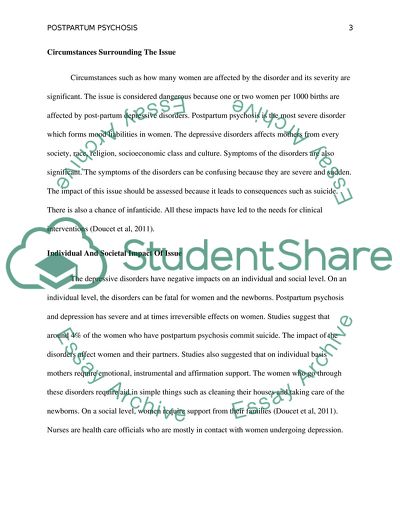Cite this document
(Not Found (#404) - StudentShare, n.d.)
Not Found (#404) - StudentShare. https://studentshare.org/medical-science/1844792-postpartum-depression-and-postpartum-psychosis
Not Found (#404) - StudentShare. https://studentshare.org/medical-science/1844792-postpartum-depression-and-postpartum-psychosis
(Not Found (#404) - StudentShare)
Not Found (#404) - StudentShare. https://studentshare.org/medical-science/1844792-postpartum-depression-and-postpartum-psychosis.
Not Found (#404) - StudentShare. https://studentshare.org/medical-science/1844792-postpartum-depression-and-postpartum-psychosis.
“Not Found (#404) - StudentShare”. https://studentshare.org/medical-science/1844792-postpartum-depression-and-postpartum-psychosis.


